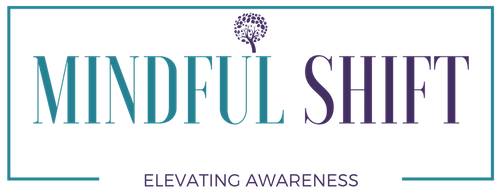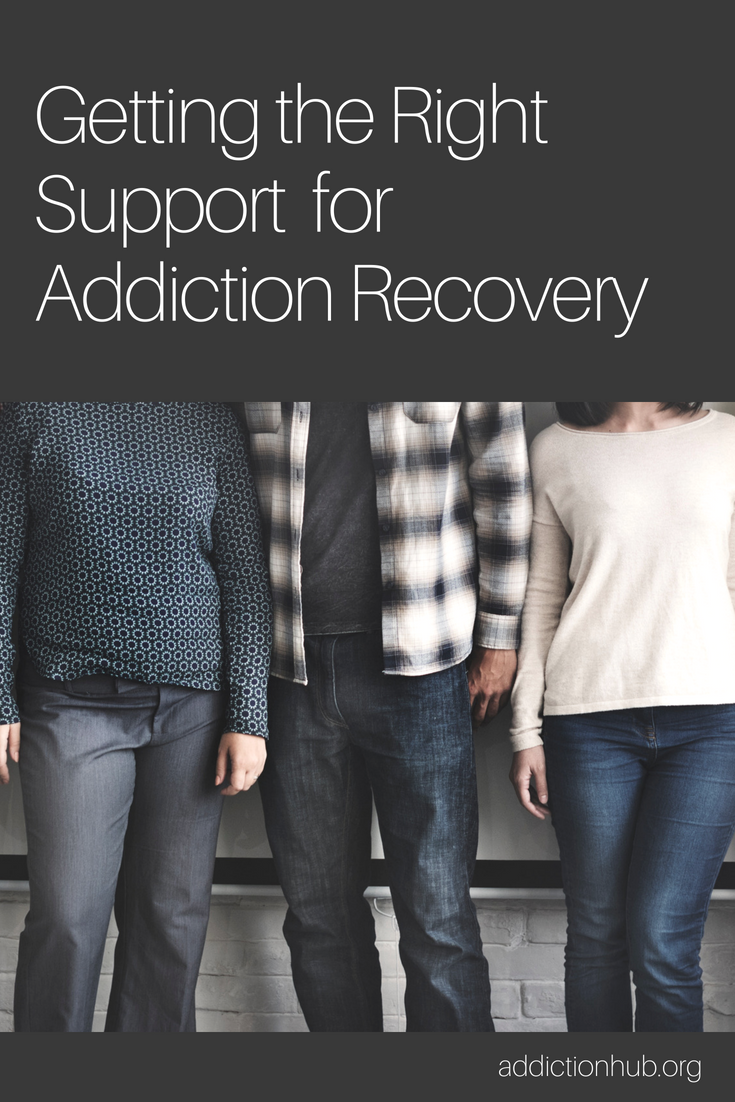Recovering from addiction may feel like a challenging journey, but the with the right foundation in place, you can get through it. While your chosen treatment plan and/or professional counseling are necessary, the right support system can also bolster your efforts to get back on track with your life.
Helpful Activities to Support Your Recovery
Support doesn’t just mean having the right people around you. It’s also helpful to be engaged in the right activities that boost your body and brain as you do the difficult work of recovery. Some of these activities include:
Regular Exercise.
Make sure you speak with your doctor to select exercise activities that are safe for your body and health. Rather than focusing on fitness routines as a way to lose weight, make them part of a plan to improve your overall health and boost your confidence. That means choosing exercises or athletic activities that interest as well as challenging you at a level you can achieve. That will help encourage you to keep going.
Get Outdoors.
Immersing yourself in outdoor activities has been shown to be beneficial for the mind and body. There is something about exposure to the great outdoors while unplugging from technology that also gives our souls a boost. In fact, some treatment programs integrate nature as part of recovery therapy. Plus, exposure to sunshine can improve your vitamin D levels, adding to your health. Learn more about the role nature can play in recovery in this article from Psychology Today.
Starting a Hobby.
One of the problems with recovery is that you might find yourself with too much time on your hands. That can open the door to boredom and possibly even relapse. Think of this as an opportunity to cultivate your interests and create a sense of purpose with a new hobby. There are so many options: cooking, gardening, knitting, jigsaw puzzles, scrapbooking – the list is endless. How do you find the right hobby? This post from The Fix suggests you start by making a list of everything you’d like to try and rating each item on a scale of 1 to 3, with “1” meaning “must do.” Try the different activities that rate a 1 to see how you like them.
In fact, with the right choices, you can wrap up exercise, outdoors, and hobby in the same activity!
Getting the Right Support Group
Support also means choosing the right people to provide peer mentorship. How can this help? Studies show that peer mentors can encourage people to continue in recovery even after their formal treatment program has ended. Peer support, such as a sponsor from a 12-step program, can be an encouragement as well as provide much-needed guidance when tempted by your addiction. A support person who is further along the recovery journey can even help you overcome guilt and shame should you relapse.
Married couples with one partner in recovery will probably need a marriage counselor to help the family rebuild. Remember to tell your spouse about your peer support partner – and make sure there is no romantic temptation in that relationship. Read more tips on how to support your marriage after addiction recovery with Leah Grey’s inspirational story.
If the person in recovery in your home is a teenager, they will need different support communities than an adult. Kids will trust peers who may not necessarily see eye to eye with mom and dad on issues outside of preventing further substance abuse and relapse. Read about programs targeted for adolescents (such as the Adolescent Community Reinforcement Approach), recovery high schools, and other peer recovery support services at the National Institute of Drug Abuse.
Addiction recovery requires the right support systems, and that support can take many different forms. Create the best foundation to help your journey to recovery.
By Adam Cook of AddictionHub.org
Adam started AddictionHub.org after losing a friend to substance abuse and suicide. He is the founder of Addiction Hub, which locates and catalogs addiction resources.




